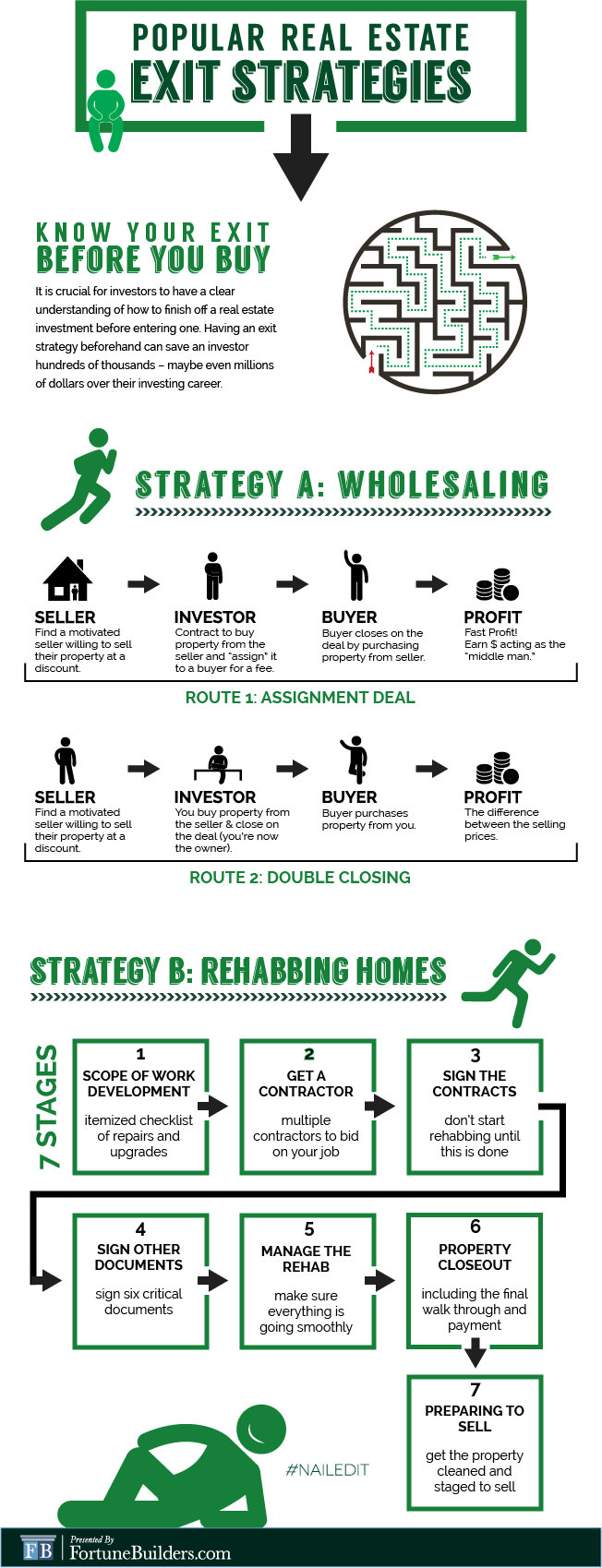
An In-Depth Look at Real Estate Investing Software
The advent of real estate investing software has revolutionized how investors manage their portfolios. These platforms offer features that simplify property analysis, financial planning, and portfolio management. Here, we will explore how these software solutions can enhance your investment strategies. By understanding these technologies, you can gain a competitive edge in the real estate market. Let's dive into the world of real estate investing software and discover how it can transform your investment journey. This information is valuable for investors at all levels seeking to enhance their operations. By the end of this article, you'll have a comprehensive understanding of real estate investing software.
These tools offer functionalities that address the unique challenges faced by real estate investors. Advanced software might also offer market trend analysis and predictive analytics. By automating complex calculations, software increases efficiency and accuracy. Researching options ensures you invest in a tool that delivers value. Learning from others' experiences can guide your own software implementation. Resources like real estate investing blog for beginners Wholesaling Houses Info offer insights into choosing and using real estate investing software. Leveraging such knowledge enhances your ability to select effective tools.
For more information on real estate investing software, go to: real estate investing system
Benefits of Using Real Estate Investing Software
Efficiency gains allow you to focus on strategic decision-making rather than administrative work. Accurate data is critical for making sound investment decisions. Staying updated on market trends helps you identify opportunities quickly. These platforms often include customizable reports and dashboards. Shared access to data ensures everyone is on the same page. Integration simplifies workflows and data management across platforms. Using software demonstrates professionalism to clients and partners.
Learning materials help you maximize the software's potential. Scalability ensures long-term utility of your software investment. Cost savings are realized through reduced manual labor and errors. Data encryption and secure access controls safeguard your information. Mobile access allows you to manage investments on the go. Market insights support proactive rather than reactive investment strategies. Environmental sustainability is promoted by reducing paper use.
Understanding Software Options for Investors
These tools manage tenant information, leases, and maintenance requests. Deal analysis software focuses on evaluating potential investments. These platforms help identify high-growth areas and emerging opportunities. They consolidate information across properties for a holistic view. Financial models support long-term planning and goal setting. Customer relationship management (CRM) software enhances client interactions. Timely information from listings can lead to first-mover advantages.
Efficient project management reduces delays and cost overruns. They track legal documents, deadlines, and compliance requirements. Effective tax management enhances net investment returns. Continuous learning is vital in a dynamic real estate market. Data visualization software transforms complex data into understandable graphics. Networking and collaboration platforms connect you with other professionals. Innovative viewing experiences can differentiate your offerings.
Factors to Consider When Choosing Investing Software
Understanding your requirements narrows down suitable software choices. Choose a platform that can handle increased data and complexity. An intuitive design reduces the learning curve and increases adoption. Training resources help you utilize all features effectively. Compatibility enhances overall operational efficiency. Review security features to protect your sensitive information. Consider the total cost, including subscriptions, licenses, and upgrades.
Insights from peers provide real-world perspectives on software performance. Hands-on experience helps determine if it meets your needs. Ongoing updates reflect the developer's commitment to improvement. Assess the customization options available. Established providers may offer more reliability and stability. Robust reporting features support better strategic decisions. A steep learning curve may delay benefits and require additional resources.
Best Practices for Software Adoption
Structured planning ensures a smooth transition to new software. Train your team thoroughly to ensure effective use of the software. Key performance indicators (KPIs) help assess effectiveness. Personalization increases user satisfaction and adoption rates. Maintain open communication with the software provider. Data protection strategies safeguard your critical information. Continuous learning ensures you're leveraging all capabilities.
Encourage collaboration and sharing of best practices among your team. Monitor compliance with data security policies. Analytics transform raw data into actionable knowledge. Routine utilization maximizes benefits. An iterative approach leads to sustained success. Timely action maintains momentum. Celebrate successes achieved through software utilization.
Discover more about real estate investing, visit: house flipping software
Final Thoughts on Real Estate Investing Software
Real estate investing software is a powerful asset for modern investors. The right software serves as a catalyst for growth and efficiency. Consistent and strategic use leads to sustained improvements. The long-term gains outweigh the initial costs and learning curve. We encourage you to explore the options available and take the next step in modernizing your approach. Staying ahead requires adaptability and openness to innovation. Start your journey today by researching and testing real estate investing software that suits your needs.